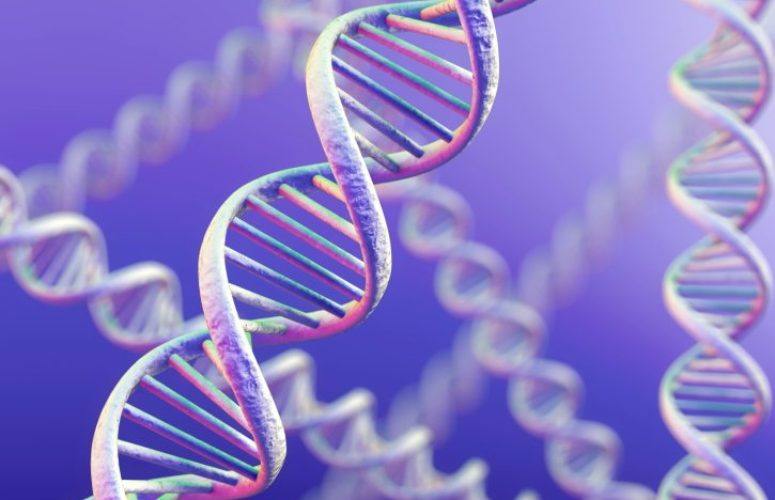
The Holistic Approach to Cancer Treatment
By Angela McCabe On Jan 12, 2023Standard cancer treatment may include surgery, possibly combined with chemotherapy and radiation. Some patients undergo immunotherapy or hormone therapy. However, we’re seeing increasing evidence that cancer patients benefit from a total, holistic approach:
- Behavioral health
- Improved diet and exercise
- An enhanced focus on one’s own spirituality
There are numerous evidence-based integrative approaches that can complement standard cancer treatment – for people experiencing symptoms that range from anxiety to fatigue, to pain and sleep problems. These approaches can include not only behavioral therapy, but even acupuncture, aromatherapy and massage. Together, these complementary treatments can improve cancer outcomes.
Nutrition counseling is also critical, since cancer and its treatments can change how a patient eats and how their body tolerates certain foods. One study shows that “better overall diet quality was associated with improved survival among breast and colorectal cancer survivors.” Some who followed the Mediterranean diet and had colorectal or prostate cancer also had a lower mortality risk.
Researchers also have found that people living with cancer benefit greatly from physical activity, and exercise plays an important role in survivorship.
Additionally, psychosocial support, which may include mental healthcare and group therapy, can help patients cope with their diagnosis, stress related to making choices about care, worries about money, and other problems that may arise.
Lastly, studies have shown that patients for whom religion and spirituality are important to their lives also reported fewer cancer symptoms and side effects from treatment.
Ideally, this holistic approach to cancer care, which includes mental health assistance, nutrition guidance, and spiritual support, will take place in the same setting in which patients meet with oncologists and other medical team members. Additional amenities and services can also play an important role:
- Yoga & meditation
- Reiki & reflexology therapy
- Music & art therapy – and more
A cancer journey can be scary and exhausting for patients and their loved ones alike. When we, as clinicians, counselors and caregivers, give patients access to a continuum of services beyond just top-quality medical care, we bring healing and hope. We contribute to greater peace of mind and a more positive experience. Just as importantly, this total approach can also result in better clinical outcomes.
About the Author: Angela McCabe, MSW, LCSW, OSW-C is the director of patient and family services for oncology at Cooperman Barnabas Medical Center.
To access more business news, visit NJB News Now.
Related Articles:





